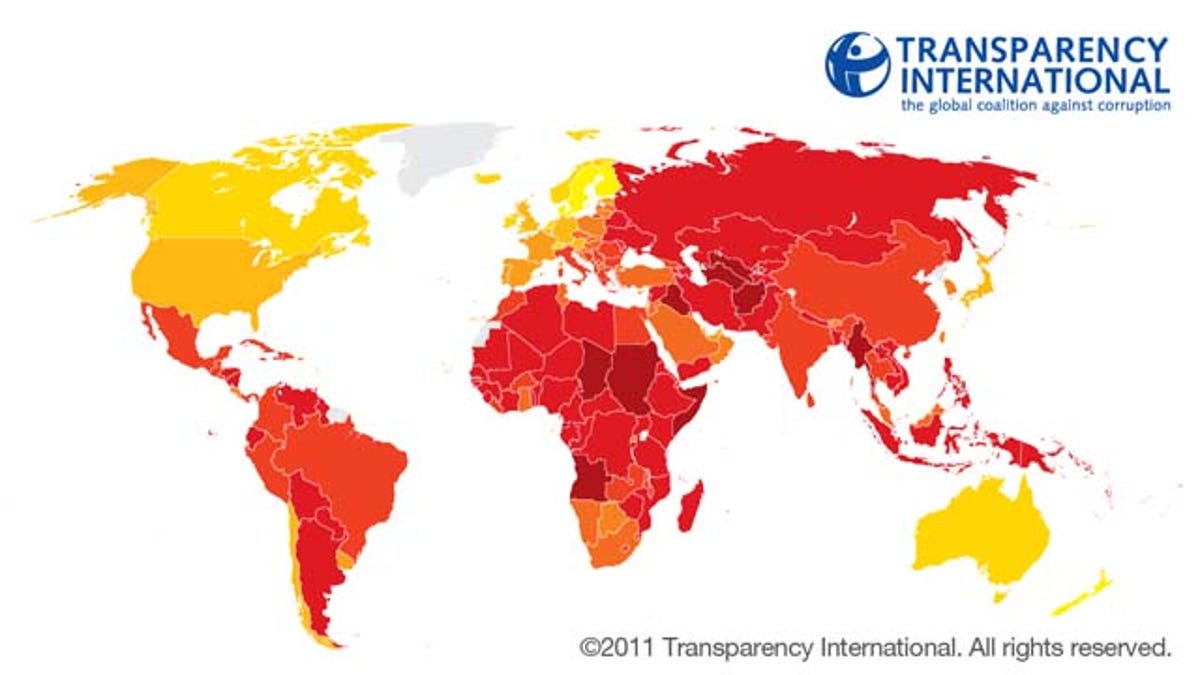Alejandro Salas: Corruption -- Out of Sight, Out of Mind?
{{#rendered}} {{/rendered}}
As a Mexican living in Germany I sometimes forget certain things about my country of origin. I am not referring to my mother’s breakfast enchiladas or the long spicy lunches on Saturdays eating with friends and listening to ranchero songs about love and heartbreak. What I tend to forget, though, are those things that made my day-to-day life difficult. One of those things is corruption.
In the decade between graduating from high school and emigrating from Mexico, I was exposed to no less than ten situations in which my integrity was tested. I was either asked for a bribe or put in a position to offer one to speed up paperwork or help get me out of an uncomfortable incident. This is not so striking if we consider that Transparency International’s 2010 Global Corruption Barometer identified that almost a quarter of surveyed citizens in Latin America had paid a bribe to access public services such as health and education in the previous twelve months.
When I talk to my family and friends in Mexico and hear their problems, the memories return. I remember how difficult it can be to operate a business or deal with official paperwork in a context where bribery is a common feature of daily life. However, corruption is not only about paying bribes but includes such practices as cronyism, divesting public funds and extortion, which makes the challenges people face even greater. This is why at Transparency International we define corruption as the abuse of entrusted power for private gain.
{{#rendered}} {{/rendered}}Corruption has serious consequences for societies that go beyond mere financial costs. The range of potential damage varies from the more abstract like the loss of trust in financial institutions, politicians or judicial systems, to the more concrete like the loss of human life. This last point is not an exaggeration. Families can lose loved ones when counterfeit medicines are distributed or when safety measures at nightclubs are neglected because of corruption.
The issue of corruption is in no way exclusive to Mexico. It is a problem throughout Latin America, be it in the highest spheres of politics and the corporate sector, or be it in small enterprises and access to basic public services. But corruption is not exclusive to developing countries either. It can be found in the industrialized world as well, as the Corruption Perceptions Index illustrates, although the way it manifests itself tends to be different and less present in citizens’ day-to-day lives.
In this bi-weekly column I will analyze corruption from different angles, talk about the actors involved as well as the impact it has on societies, and will describe innovative and bold initiatives to curb corruption drawn from across Latin America. I hope to get readers engaged and become part of the efforts to end this problem, a problem that those of us living abroad sometimes tend to forget.
{{#rendered}} {{/rendered}}Alejandro Salas is the Regional Director for the Americas at Transparency International, the global civil society organization leading the fight against corruption, active in more than 100 countries around the world.
Twitter @ASalasTI The views expressed in this column are those of the author and do not necessarily reflect the views of Transparency International.
Follow us on twitter.com/foxnewslatino
Like us at facebook.com/foxnewslatino
